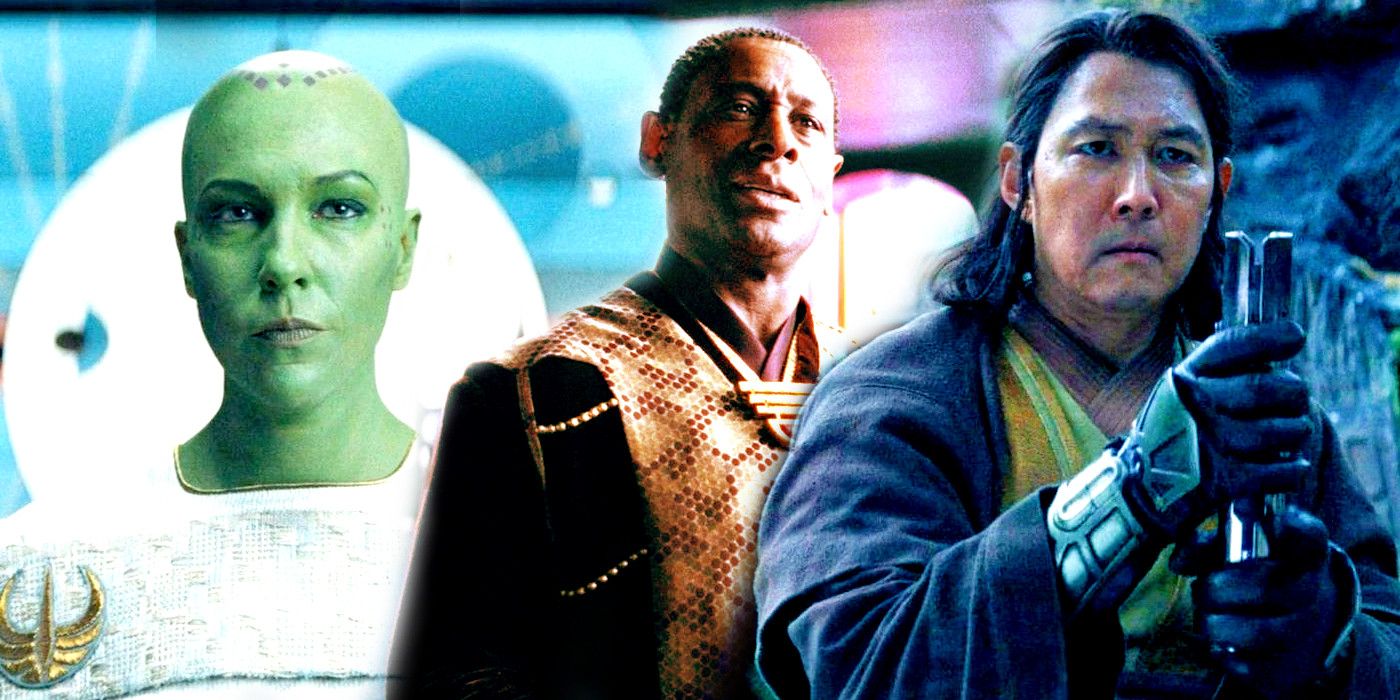
With Qimir and Osha now a united front and a mysterious Sith Master hiding in the shadows, the dark side has returned to the galaxy, and the Jedi are woefully unprepared. Though it’s worrying that Vernestra Rwoh and, seemingly, Grand Master Yoda, have taken it upon themselves to hide the truth of what their fellow Jedi did, that is somehow not the worst of the issues highlighted by The Acolyte’s season finale. What would ultimately become the Jedi’s downfall was plain as day in this episode, and though pride and even arrogance played a role, there’s more to it than that.
The Jedi Do Not Fully Understand The Power Of Emotion
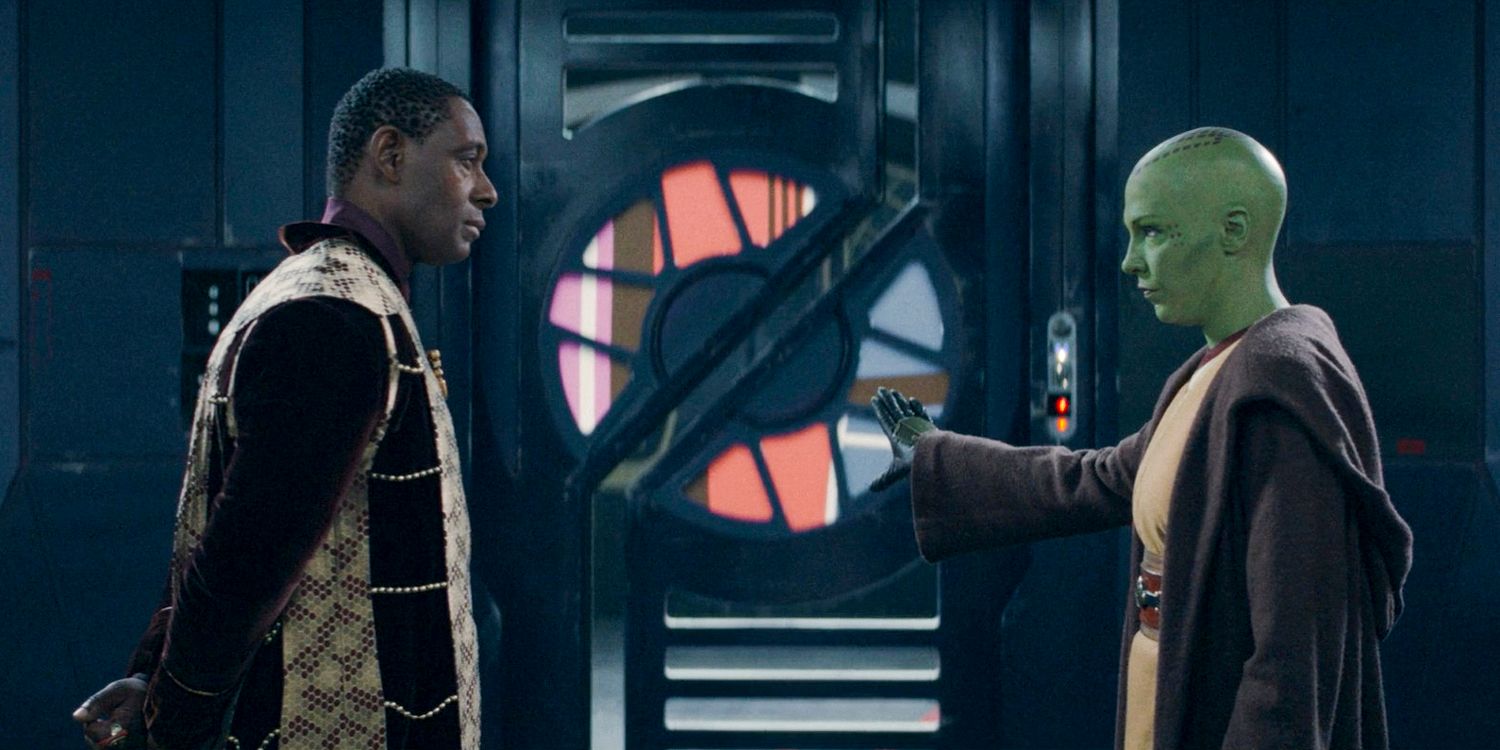
In a tense scene between Vernestra Rwoh and Senator Rayencourt, the Senator points out that the Jedi may have taken their authority in the galaxy too far. Of course, the Senator is politically motivated and may even have a personal vendetta against the Jedi, but his reasoning is sound nevertheless. The Jedi do not try to control the Force, but there is one thing they’ll never truly be able to control, let alone understand.
“I think the Jedi are a massive system of unchecked power, posing as a religion, a delusional cult that claims to control the uncontrollable. … Not the Force. Your emotions. You project an image of goodness and restraint, but it’s only a matter of time before one of you snaps. And when, not ‘if,’ that happens, who will be strong enough to stop him?”
Of course, in this instance, we as the audience know this alludes to what would ultimately happen to Anakin Skywalker. His desperate love for his wife and his grief over his mother ultimately led him to “snap,” and the Empire rose as a result. Yet in this episode alone, we see that Anakin was by no means the first Jedi to be wholly ruled by their emotions. Sol’s love and protective actions towards Osha were so powerful they led to the deaths of dozens of witches and Jedi alike, and Sol, Kelnacca, and Torbin were left to their own devices, their negative emotions festering.
None of them were ever able to process their guilt – all three allowed themselves to be killed, seeking atonement for their actions. The worst part is that this isn’t even surprising. A Senator shouldn’t have to be the one to point this out. If the Jedi are taught to “control” their emotions and simply “let them go” from a young age, how can they ever truly understand what they’re feeling and how those feelings might change who they are as a person? How can they ever begin to comprehend how their own emotions might affect those around them?
The Jedi’s Greatest Flaw Isn’t Pride – It’s How Naïve They Are
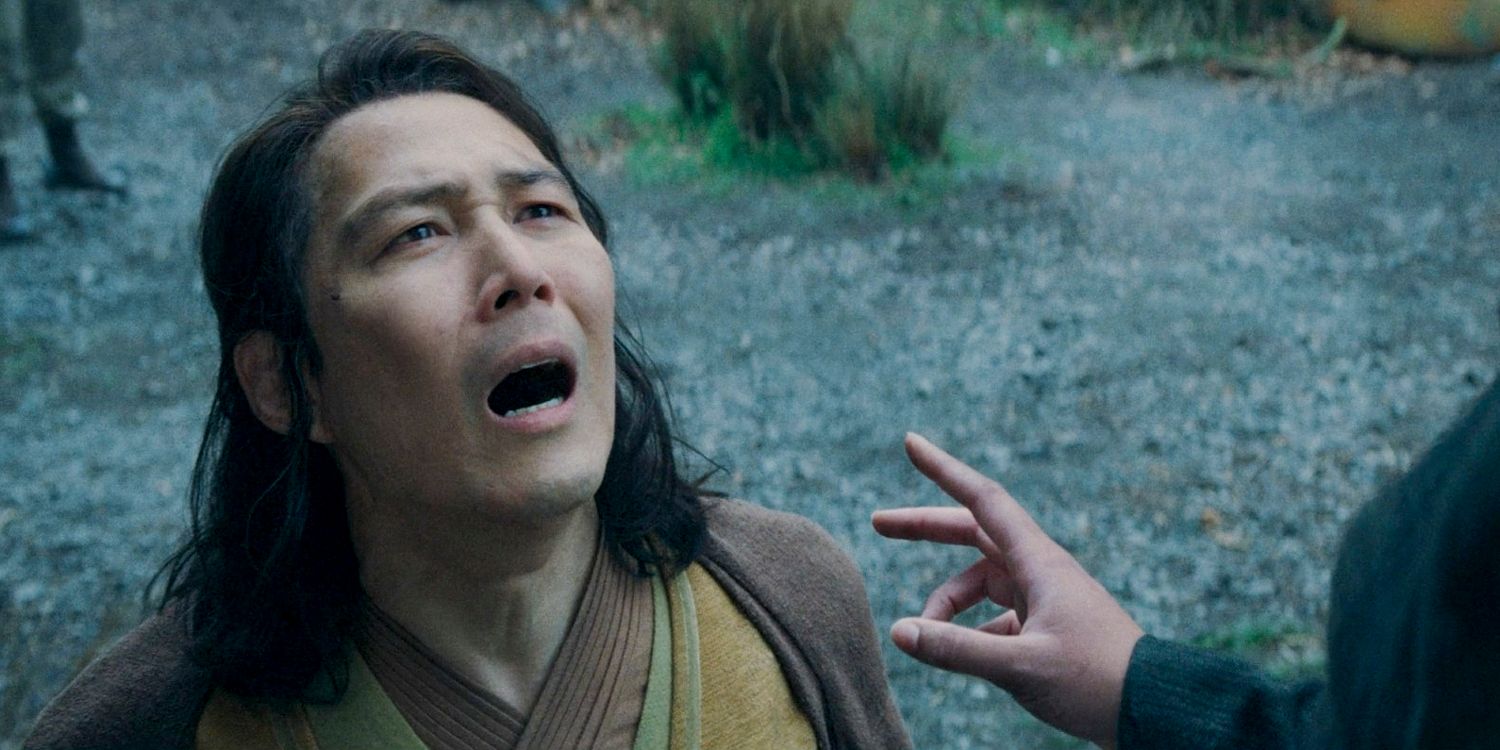
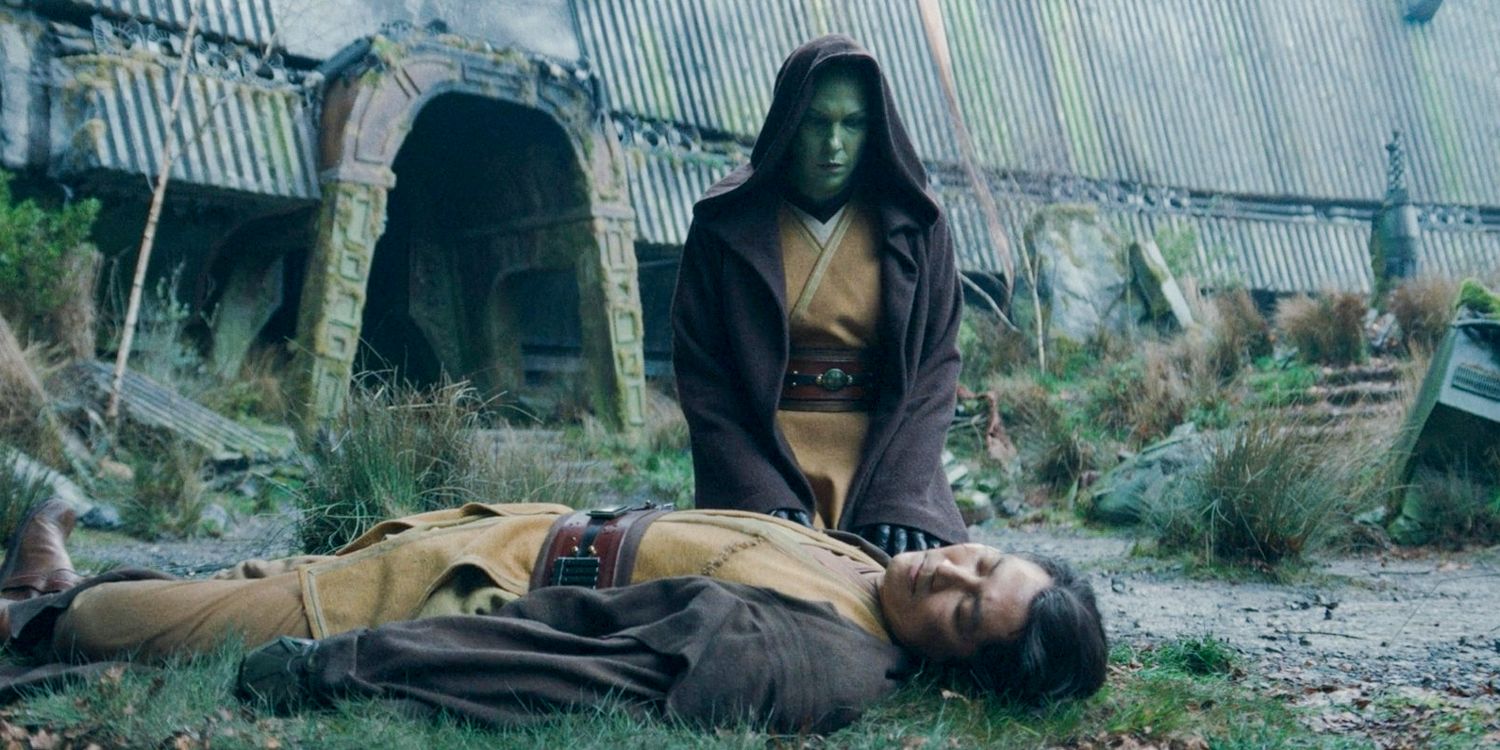
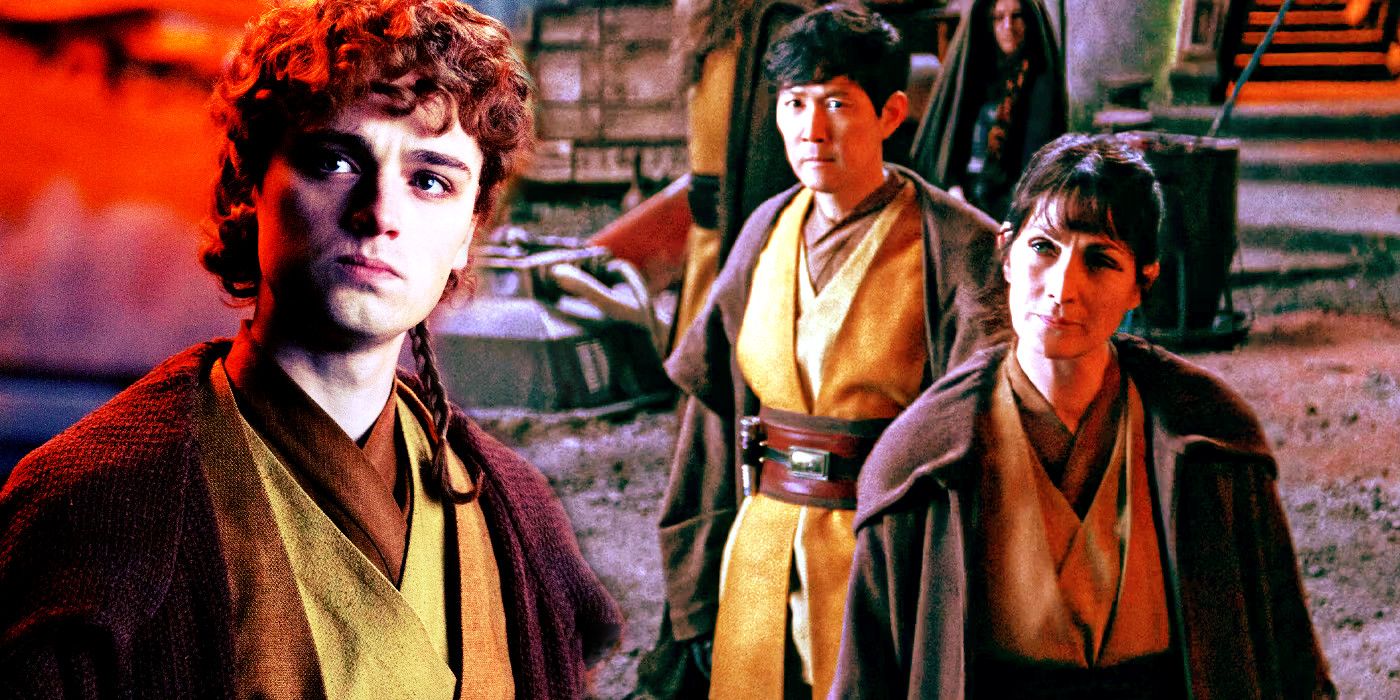
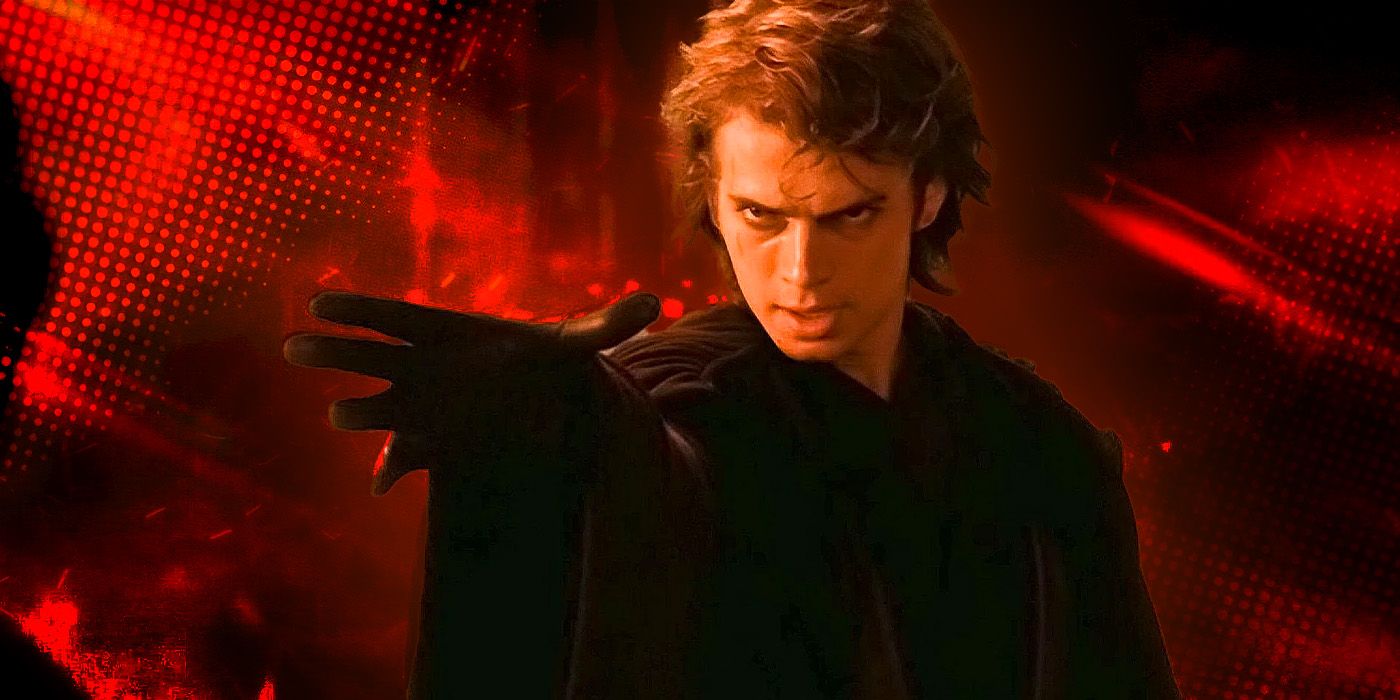
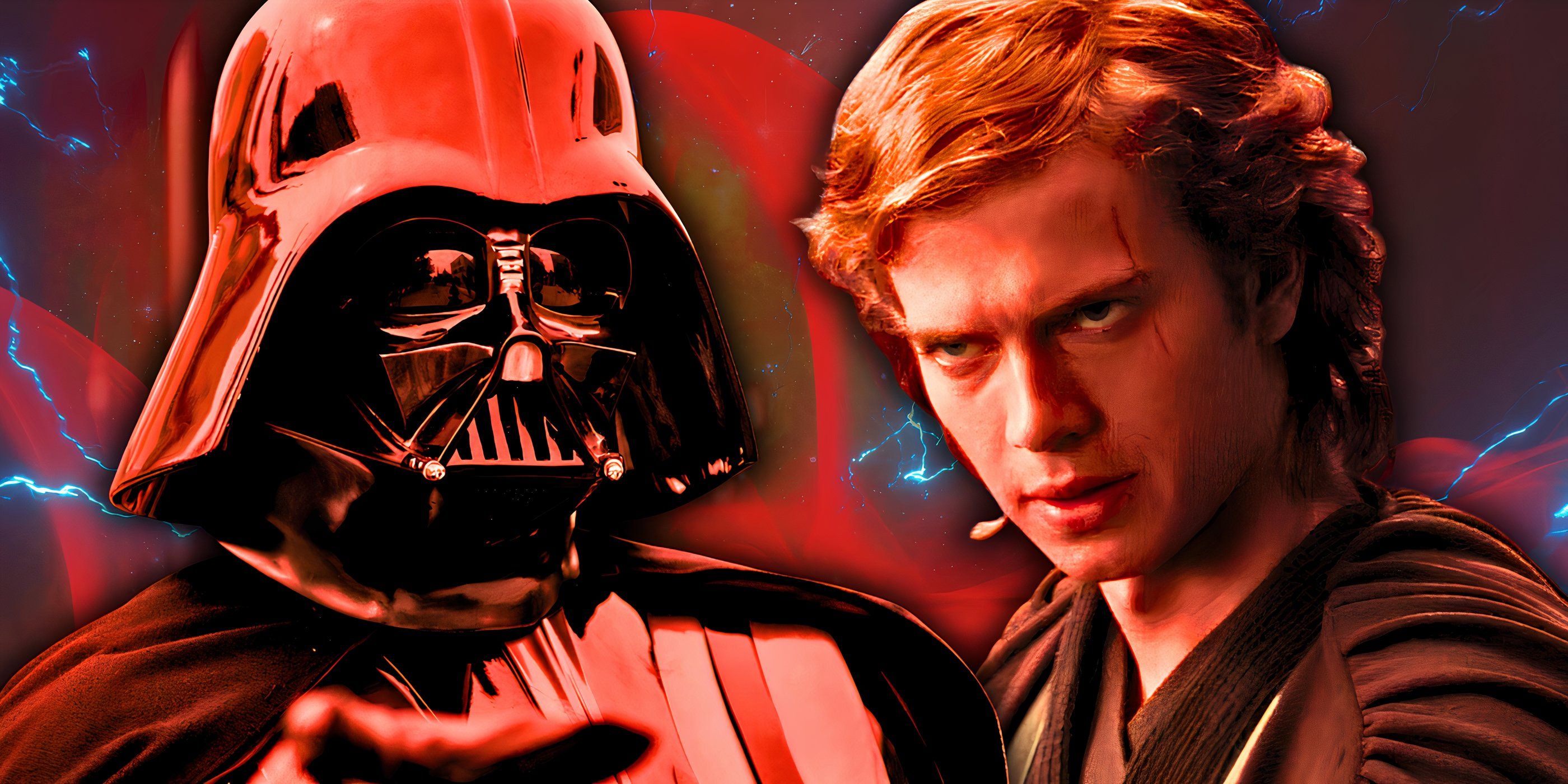





One of the Jedi’s biggest flaws is, of course, pride. Their pride famously got them entangled in an unwinnable war and blinded them to the power of the dark side. I would argue, however, that their actual greatest flaw, the one that truly brought about their downfall, is that the Jedi as a whole are genuinely incredibly naïve, and they don’t even realize it. It’s just like Senator Rayencourt pointed out: they believe they can control emotions when emotions are, next to the Force, one of the most natural, undeniable aspects of life.
If they claim they don’t control the Force, how can they claim to control human (and alien) emotions? How can they believe in controlling it when they can’t even truly understand it? The Jedi can feel sympathy, yes, but they can’t truly feel empathy, because they’ve never allowed themselves to feel what others feel. They’ve never even allowed themselves to feel their own feelings.
The Jedi can feel sympathy, yes, but they can’t truly feel empathy, because they’ve never allowed themselves to feel what others feel. They’ve never even allowed themselves to feel their own feelings.
The Jedi say that anger, darkness, fear, and desire lead to the dark side, and in certain circumstances, that may be true, but I believe that forcing people to push those emotions aside without processing them is what actually leads to the dark side. The Jedi don’t have a healthy outlet for their feelings. They’re forced to push through them, let them go, and, in the worst cases, let them fester, until they either hurt themselves, as we’ve seen with Sol and Torbin (and possibly Kelnacca), or they hurt others, as we’ve seen with Anakin Skywalker.
The Jedi’s Naivety Led To The Order’s Downfall
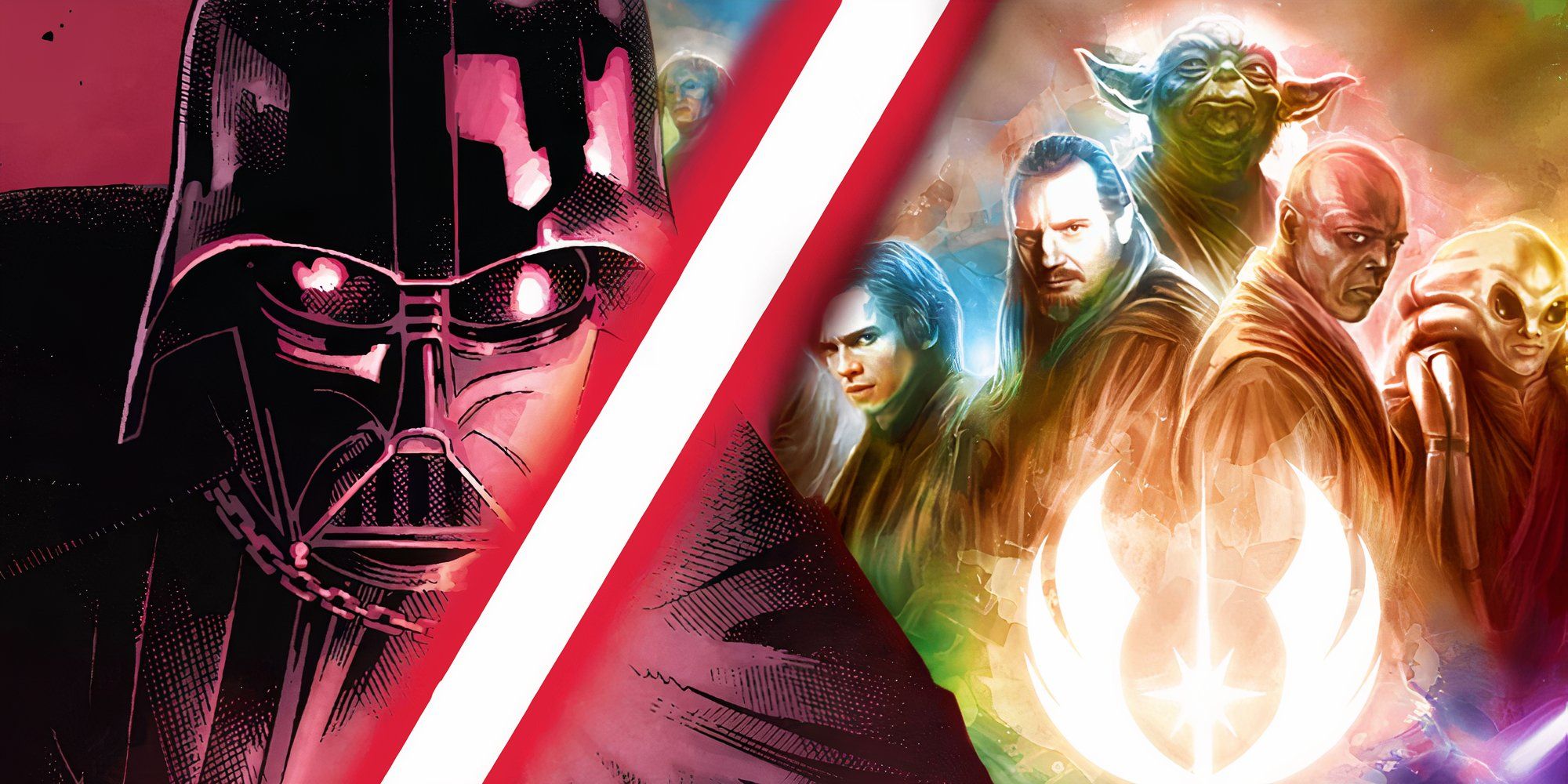
Ultimately, the Jedi’s naïve belief that they could tell their members to control their emotions without ever truly teaching them how to process them is what led to the Order’s downfall. Sure, the Jedi Council may have been arrogantly blinded and unable to foresee Palpatine’s master plan, but Anakin’s need to hide his relationship with Padmé is what allowed the Emperor to worm his way into Anakin’s heart and mind. Sol’s paternal feelings towards Osha caused the deaths of dozens of Jedi and, ultimately, innocent witches.
You can find out more about The Acolyte ‘s High Republic era by reading the Star Wars: The High Republic novels, comics, and audiobooks.
The Jedi are, on the whole, morally good. They try their best to protect those who cannot protect themselves, working tirelessly to make the galaxy a safer place. And yet, I can’t help but question how effectively they can actually protect the galaxy or understand the conflicts happening within it when they cannot even understand the conflicts happening within themselves. In my honest opinion, Star Wars: The Acolyte rightfully pointed out the Jedi’s undeniable emotional naivety.





